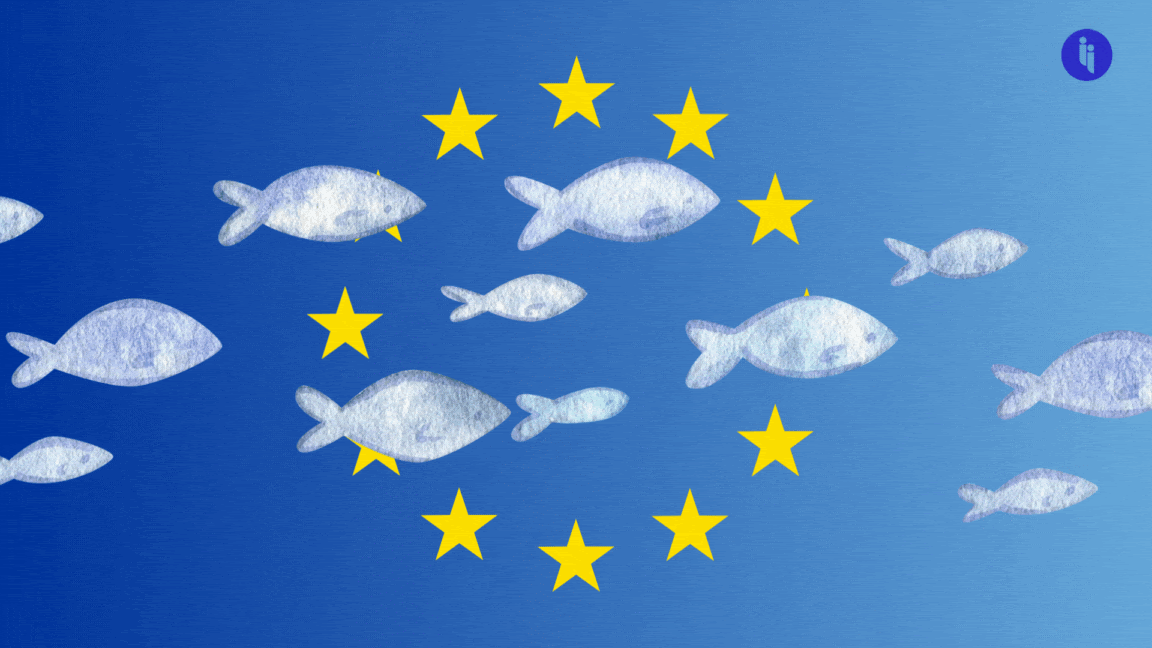Over 2,000 Senegalese and Ivorian tuna fishermen working for EU firms went on strike last week.
While it was suspended after four days, the strike halted 80% of EU-based fishing in the Gulf of Guinea and the Indian Ocean. Why’d they do it?
- Low pay: some are reportedly paid $219/month (the International Labour Organisation sets a minimum of $658/month), and
- Low sustainability: the firms were allegedly violating EU fishing pacts with the countries in whose coastal waters they operate.
One European fishing industry body has denied the allegations.
Stay on top of your world from inside your inbox.
Subscribe for free today and receive way much more insights.
Trusted by 99,000+ subscribers
No spam. No noise. Unsubscribe any time.
Intrigue’s take: A big reason why these allegations went unnoticed for so long is that fishing firms spend a lot to lobby the EU. In fact, more than half of the EU’s delegation to a recent crucial tuna summit was reportedly made up of fishing industry lobbyists.
But it’s hard to keep looking the other way when 80% of your operations go down.
Also worth noting:
- The fishing companies reportedly settled the strike by agreeing to pay crews a new interim wage of ~$500/month.
- Yellowfin tuna stocks in the Indian Ocean may be depleted by 2026 without more sustainable practices.








